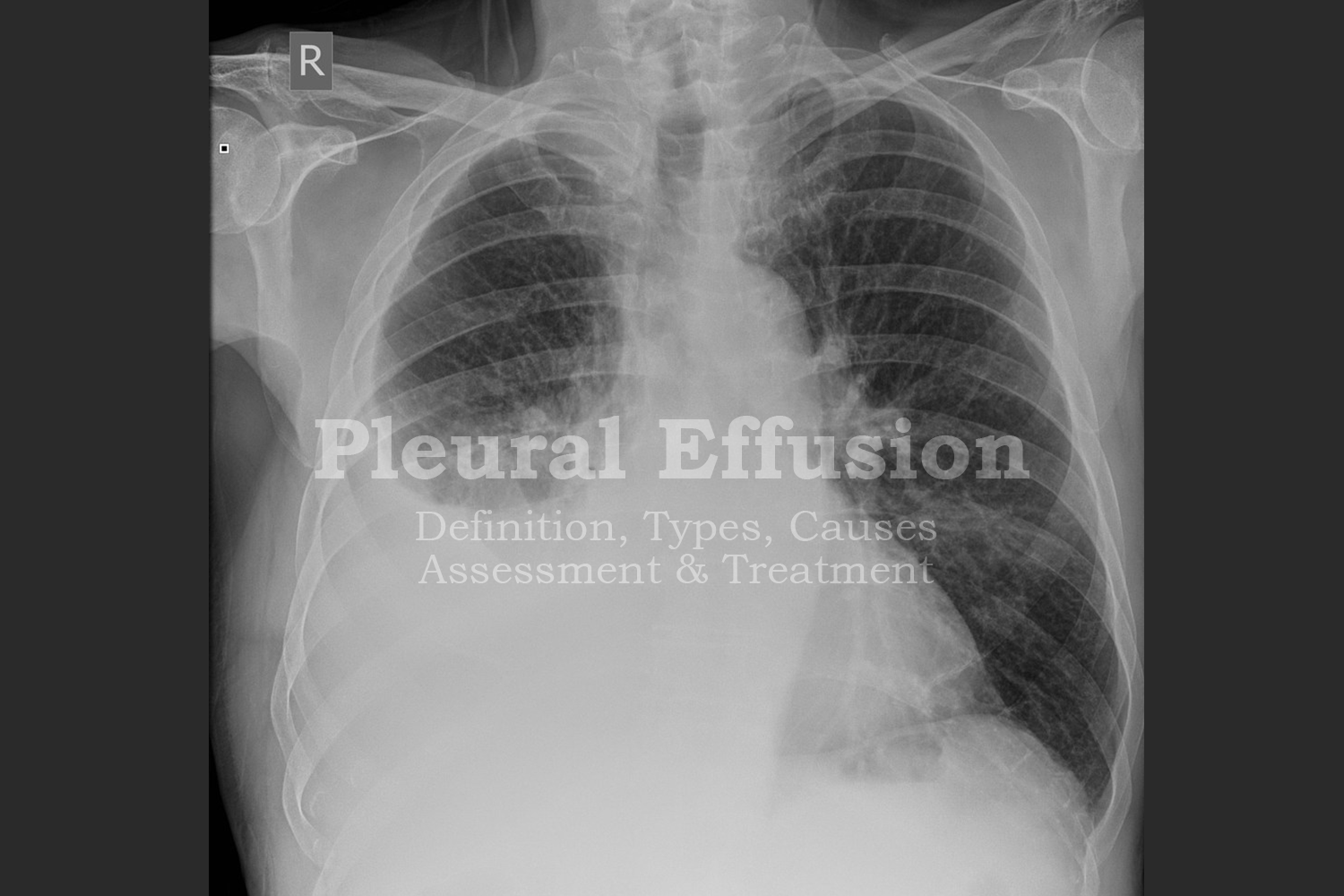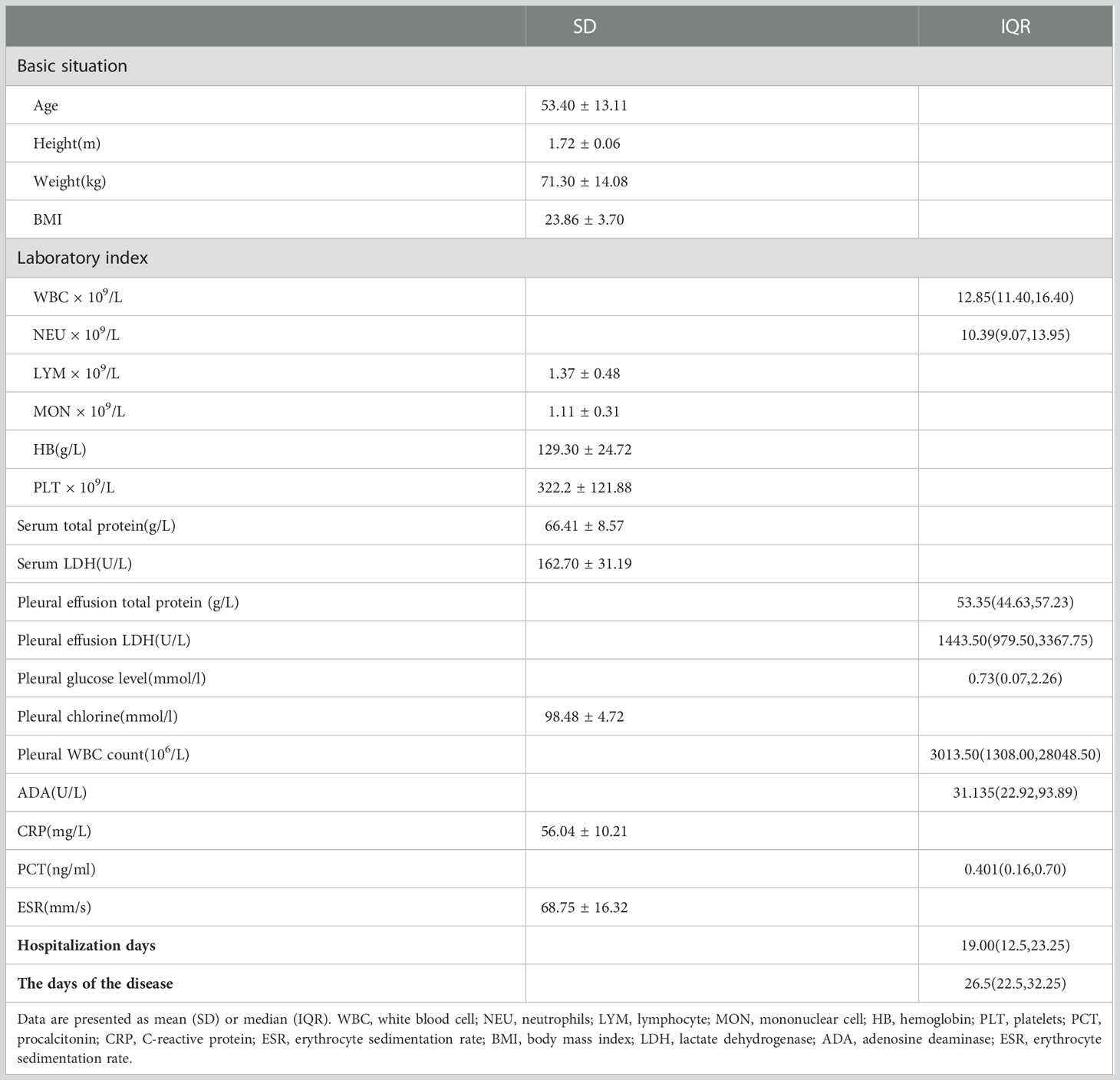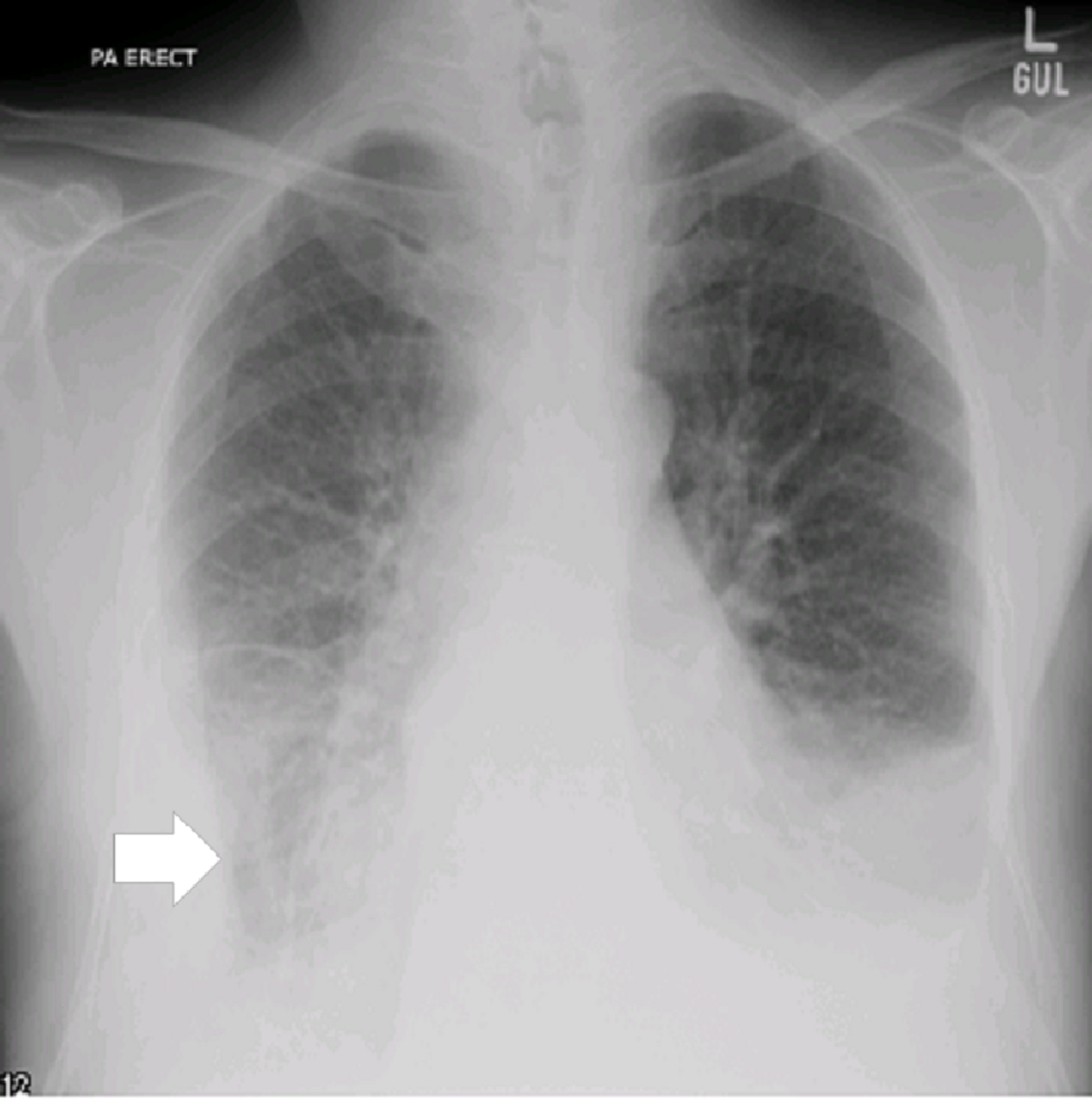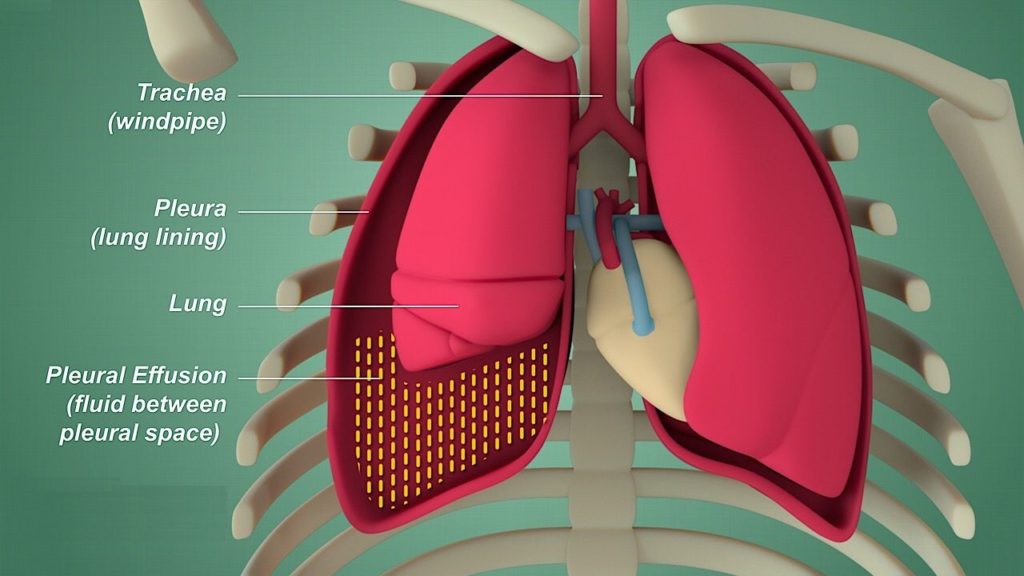Great Tips About How To Prevent Pleural Effusion

The pleura is a thin piece of tissue with 2 layers.
How to prevent pleural effusion. Pleurodesis is a procedure that obliterates the pleural space to prevent recurrent pleural effusion. Large, infected, or inflamed pleural effusions often need to get drained to help you feel better and prevent more problems. Pleural effusion is the most common disease among all pleural diseases and affects 1.5 million patients per year in the united states.
Providers use diuretics and other heart failure medications to treat pleural effusion from congestive heart failure or other medical causes. He or she also will listen with a stethoscope to check for a pleural friction rub,. Fluid buildup on the lungs is called pleural effusion.
Your doctor may recommend avoiding physical activity while you have pleural effusion or pleurisy. To treat pleural effusion appropriately, it is important to determine its etiology. Fluid buildup on the lung (pleural effusion) last medical review:
Pleural effusion is fluid buildup in the space between the layers of the pleura. They have multiple causes and are usually classified as transudates or exudates. Pleural effusions are accumulations of fluid within the pleural space.
It's when too much fluid. The increased amount of fluid stops your lungs from expanding fully, you have to take shallower breaths and make more of an effort to breathe. Procedures for treating pleural effusions include:.
This helps to prevent fluid building up again into an effusion. But after treatment, you’ll want to resume normal exercise. Pleural effusions are usually classified as transudative or exudative.
However, the etiology of pleural effusion remains unclear in nearly 20% of. Pleurodesis is most often used in the treatment of repeated (recurrent) effusions caused by cancer. For a malignant effusion, you may also need treatment with chemotherapy,.
It is most commonly performed by inducing intrapleural. Dyspnea and exercise intolerance (inactivity) are the most consistent presenting signs of pleural effusion. Your doctor will check for signs of pleural effusion by gently tapping your chest wall.
A pleural effusion occurs when an area between the two membranes ( pleura ) that line the lungs and chest cavity becomes filled with fluid.


















